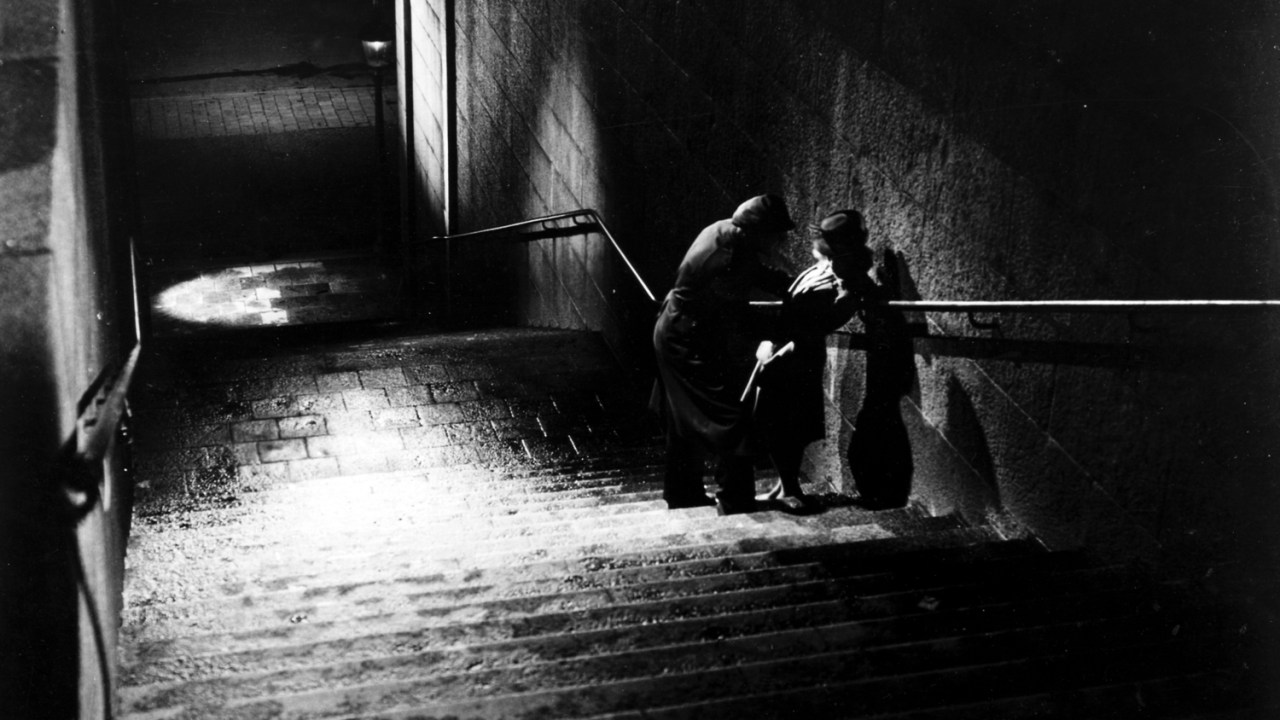Thirst

Intricately structured and technically accomplished, Thirst is an often dazzling examination of people burdened by the past and united in isolation. The principal couple, Bertil (Birger Malmsten) and Ruth (Eva Henning), travel home by train to Sweden from Switzerland, at each other’s throats the whole way. Meanwhile, in Stockholm, Bertil’s former lover, Viola (Birgit Tengroth, who also wrote the stories on which the film is based), tries to evade the predatory advances of her psychiatrist, and then of a ballet dancer who was once a friend of Ruth’s. With this dark and multilayered drama, sustained by biting dialogue, Ingmar Bergman began to reveal his profound understanding of the female psyche.
Available In

Cast
- Eva Henning
- Rut
- Birger Malmsten
- Bertil
- Birgit Tengroth
- Viola
- Hasse Ekman
- Doctor Rosengren
- Mimmi Nelson
- Valborg
- Bengt Eklund
- Raoul
- Gaby Stenberg
- Astrid
- Naima Wifstrand
- Miss Henriksson
Credits
- Director
- Ingmar Bergman
- Producer
- Helge Hagerman
- Screenplay
- Herbert Grevenius
- From the short story by
- Birgit Tengroth
- Cinematography
- Gunnar Fischer
- Editing
- Oscar Rosander
- Set designer
- Nils Svenwall
- Music
- Erik Nordgren


















